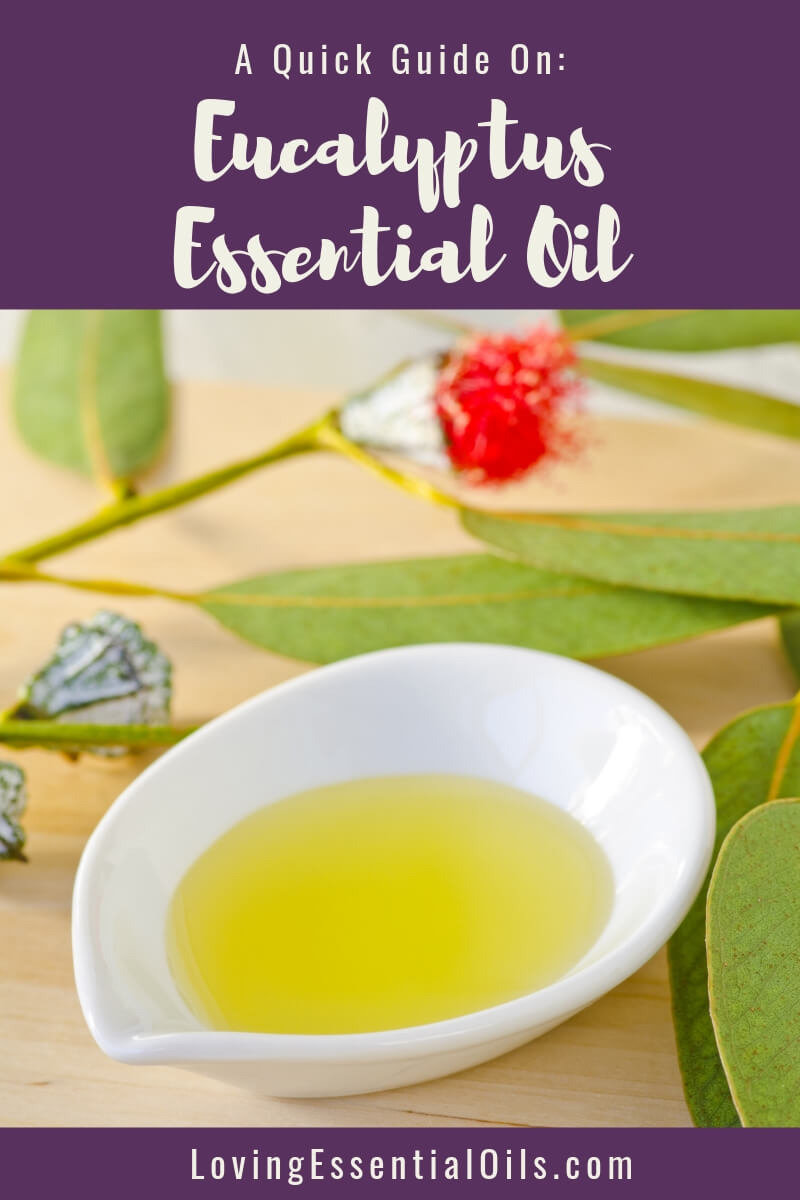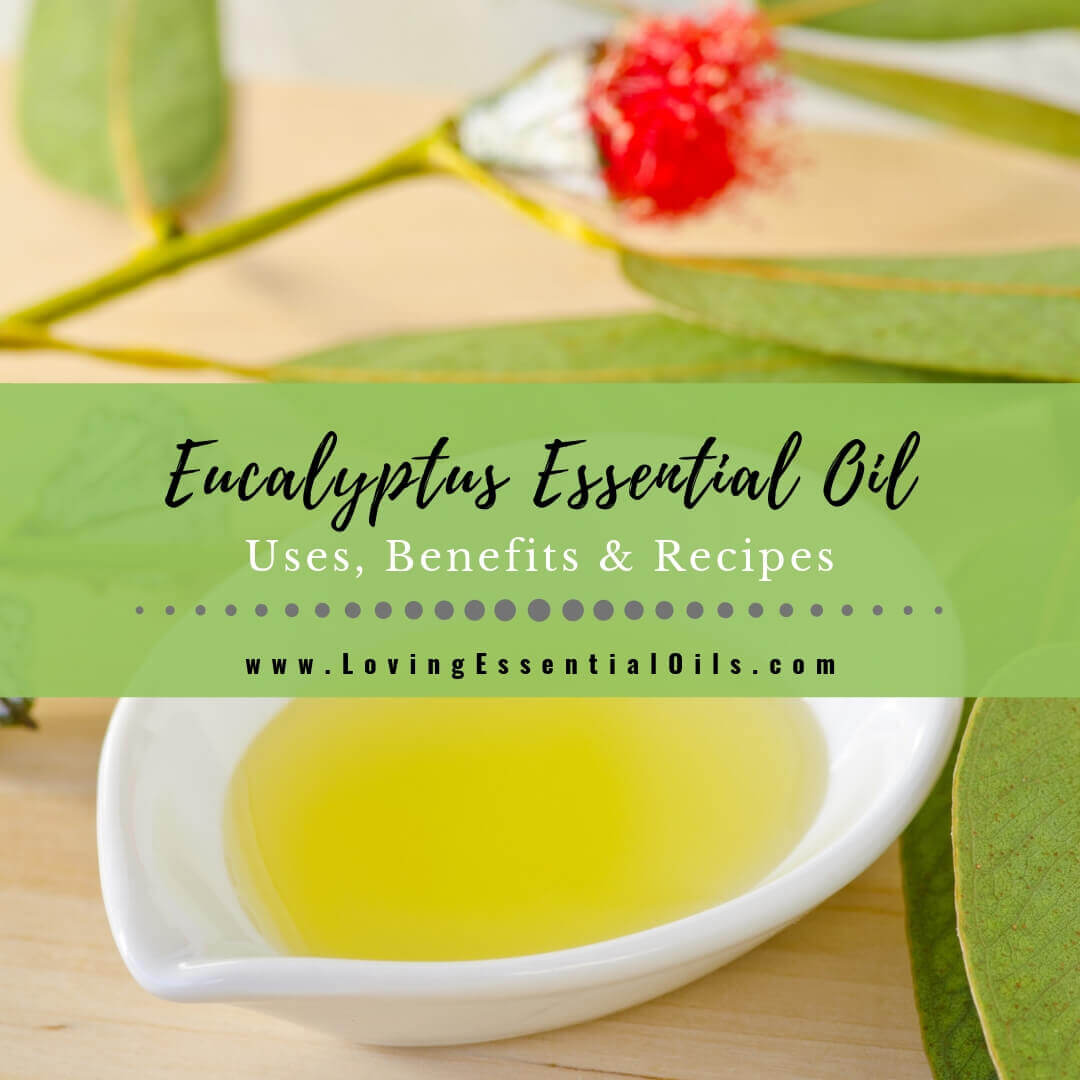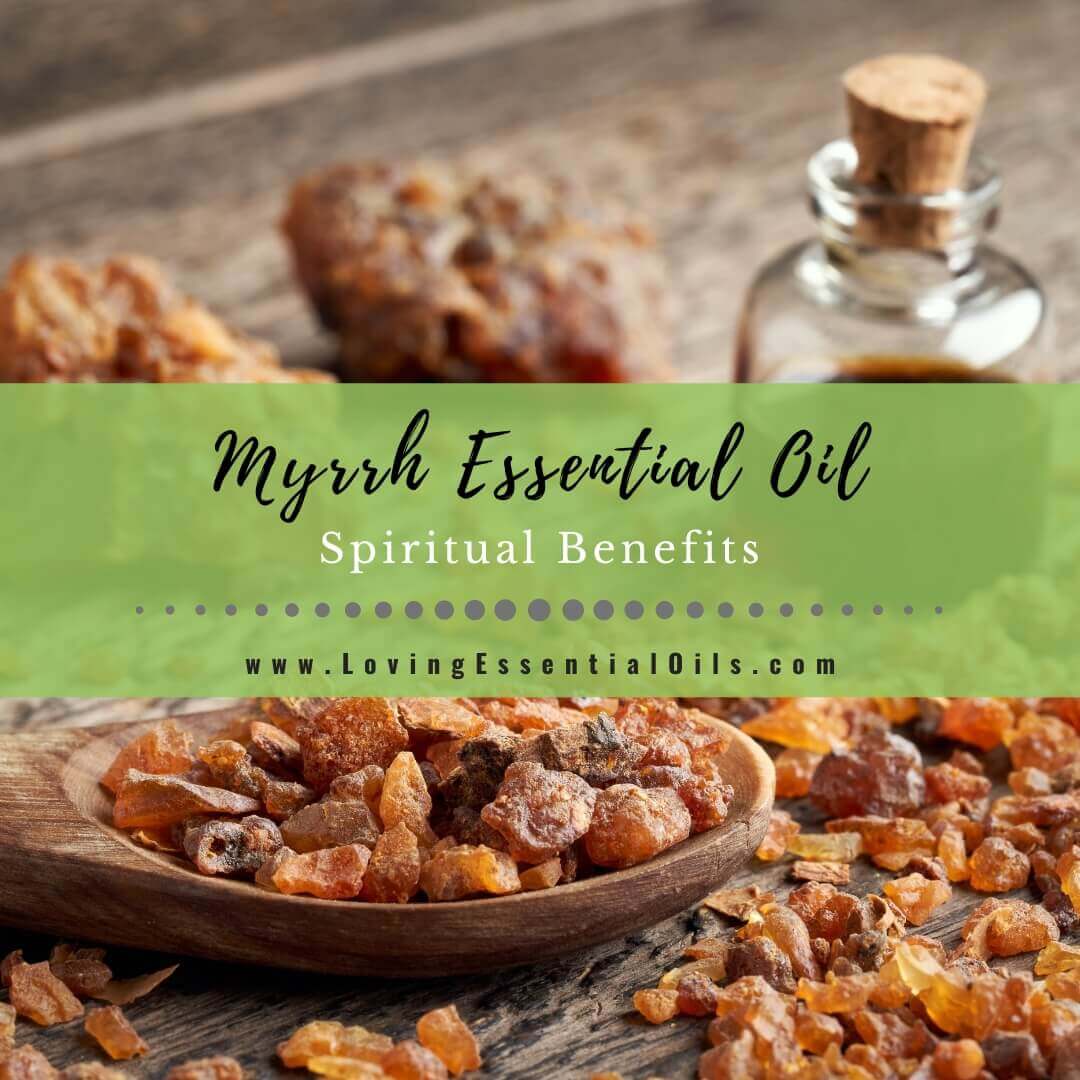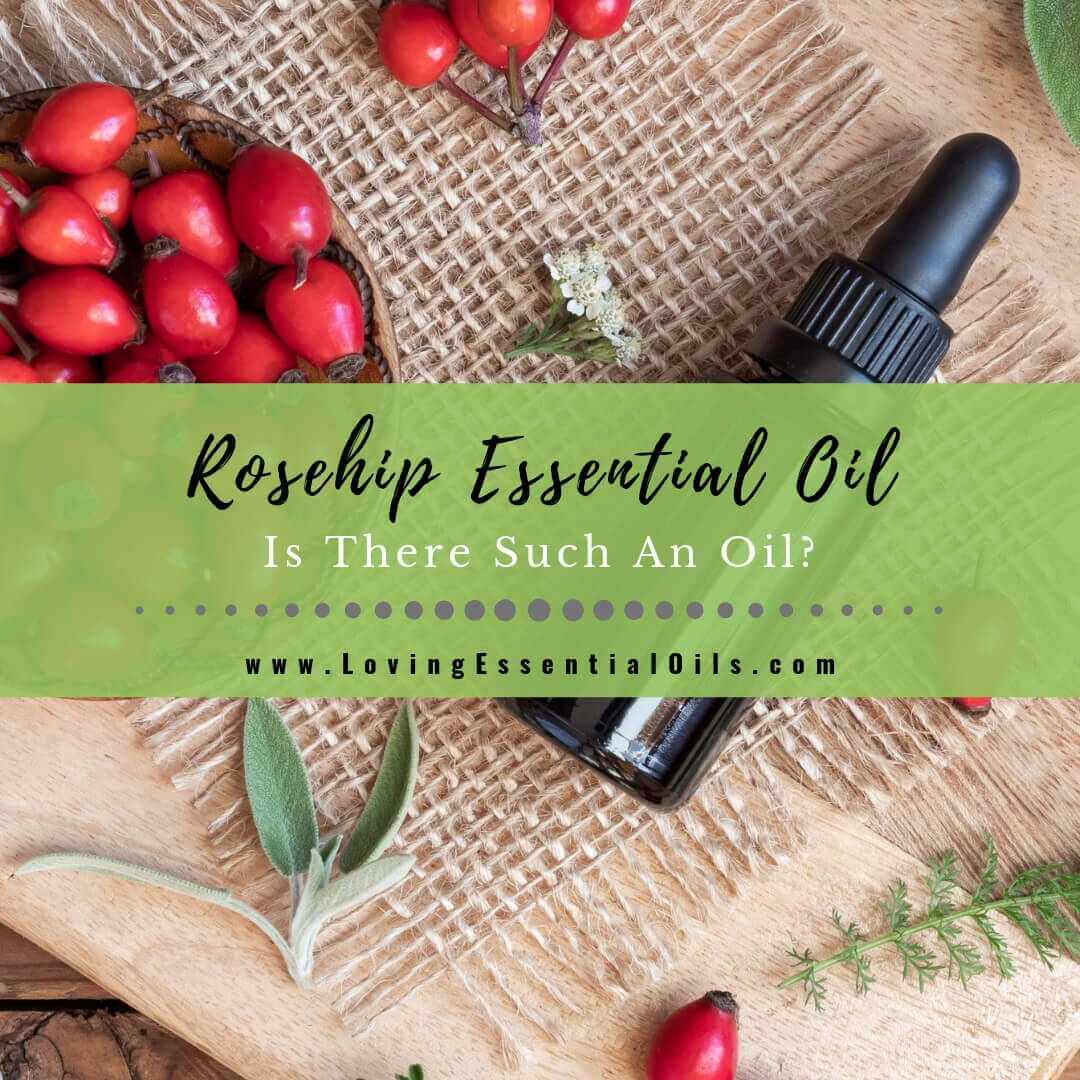Eucalyptus essential oil that has a lot of health and beauty benefits that you may not know about. The benefits of eucalyptus oil can be enjoyed by topical application or through aromatherapy.
Inhaling the sharp, camphoraceous aroma of eucalyptus refreshes the mind and boosts energy. It is prized for its respiratory support, helping to clear congestion, reduce mucus and open airways.
Eucalyptus is a potent antiseptic oil that can help heal skin aliments, relieve skin irritations, and aid in wound care. It also has purifying properties which make it perfect for cleaning surfaces.
This oil was voted Top 10 in our Fan Favorite Essential Oils, read more here.
Once you learn what eucalyptus oil can really offer you, it will become a favorite oil. Before we do that, lets look at the different types of Eucalyptus.
5 Different Types of Eucalyptus Oil
There are several types of eucalyptus oils available, here is where knowing the botanical name of the oil you purchase is very important so you know what you are getting. While the different types have similar therapeutic properties, the main difference between them is their aroma and chemical make up.
Here are the 5 most common types used in aromatherapy:
Eucalyptus Radiata
- Rich in cineoles, it is considered the most versatile of eucalyptus oils.
- This variety is derived from the Narrow Leaf Eucalyptus, steam distilled from leaves and twigs.
- Its crisp, clean, and herbaceous aroma is soft and sweet, with smooth camphor notes.
Therapeutic Uses: Respiratory tract infection, bronchitis, catarrh, sinusitis, rhinitis, colds, influenza, fever, asthma, rheumatism, muscular aches & pains, neuralgia, abdominal cramp, menstrual cramp, headache, mental exhaustion, fatigue, general stimulant and tonic, insect stings and bites (from The Complete Book of Essential Oils and Aromatherapy by Valerie Ann Wormwood, page 587).
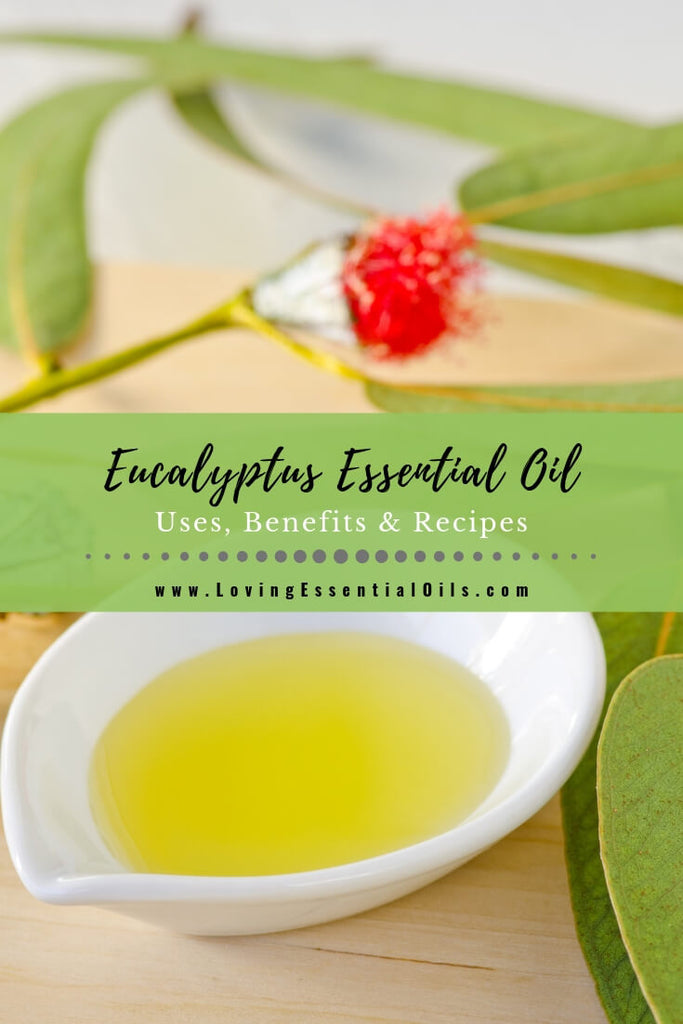
Eucalyptus Globulus
- This is the most common type of the Eucalyptus varieties because of its high cineole content.
- It is derived from the “Blue Gum” Eucalyptus native to Australia, steam distilled from leaves and twigs.
- It has a deep camphorous, medicinal, fresh, clean, and bright aroma.
Therapeutic Uses: Respiratory infections, bronchitis, fever, catarrh, sinusitis, muscular aches and pains, rheumatism, arthritis, urinary infection, cystitis, parasitic infection (from The Complete Book of Essential Oils and Aromatherapy by Valerie Ann Wormwood, page 585).
Eucalyptus Dives
- Also known as "Peppermint Eucalyptus", it is steam distilled from the leaves and twigs of the Peppermint Gum tree.
- It has a strong herbaceous yet minty scent that is stimulating and uplifting.
- Its main constituent is Piperitone, it has very minimal amount of 1,8-Cineole.
Read EO Spotlight > Eucalyptus Dives Oil
Eucalyptus Citriodara
- Also known as "Lemon Eucalyptus", it is steam distilled from the leaves of Lemon Eucalyptus tree.
- This type has most of the same therapeutic properties as the other species, but smells sweet and fruity, similar to citronella.
- Great to use as an insect repellent, specifically for mosquitoes, recommended by CDC.
Therapeutic Uses: Muscular injury, fungal skin infection, bacterial skin infection, sores, wounds, respiratory tract conditions, asthma, fever, candida, inscet bites, insect repellent (from The Complete Book of Essential Oils and Aromatherapy by Valerie Ann Wormwood, page 586).
Eucalyptus Smithii
- From the Gully Gum tree, it is steam distilled from leaves and twigs.
- Has less 1,8- cineole then the others, making it less aggressive eucalyptus oil.
- Contains more constituents then the other varieties which lend to its unique aroma.
- Its medicinal aroma with spicy, earthy, woodsy notes.
- When diluted with carrier oils, this gentle oil is the Eucalyptus of choice for delicate skin.
Eucalyptus Essential Oil Facts
Eucalyptus oil is derived from the leaves of eucalyptus trees. It is a popular essential oil that has many beneficial properties. It is effective at treating respiratory problems, and it also has antiseptic and analgesic properties. In addition, eucalyptus essential oil can be used to treat skin conditions and improve energy levels.
| Botanical Name | See different types above for names |
| Botanical Family | Myrtaceae |
| Note | Top |
| Aroma | See different types above for descriptions |
| Extraction Method | Steam distilled |
| Plant Part Used | Leaves/Twigs |
| Shelf Life | 3-4 years |
| Kid Safe? | No, except E. dives and E. citriodora |
| Safety Concerns | Non-toxic, non-irritating. |
Eucalyptus Oil Benefits and Uses
Eucalyptus oil is said to have healing properties and can be used to treat a variety of health problems. It's also been shown to improve mental clarity and help with concentration. If you're looking for an essential oil that can improve your overall health, eucalyptus oil may be worth trying.
Here are 10 wonderful reasons why I love using Eucalyptus oil:
1. Opens Airways
Whether it is a cold, cough or other respiratory issue, eucalyptus oils cooling vapor can help to open the airways. Make a homemade vapor rub and apply to chest. Just take 2 oz of coconut oil and mix in 12 drops of eucalyptus oil in a small glass jar, apply a small dab onto chest and rub in. Great for use at bedtime, you can even add in a few drops of Lavender or Cedarwood.
2. Clears The Mind
Enhance your yoga, meditation or relaxation time with eucalyptus oil, helps to clear the mind of unnecessary thoughts. Diffuse in room or use a diffuser necklace.
Read More: Essential Oils for Meditation
3. Revitalizes Skin
When used topically, eucalyptus oil can rejuvenate the skin. Add eucalyptus essential oil to unscented lotion or coconut oil and apply to your skin for an invigorating experience.
DIY Recipe: Eucalyptus & Goat Milk Soap
4. Cleans Surfaces
Cleanse your surrounding environment from unwanted bacteria, fungal, or viral activity. Whip up a batch of "Eucalyptus All Purpose Cleanser" to take advantage of its antiseptic properties. Check out the recipes below to find out how to make.
5. Soothing Massage
Use with your favorite carrier oil (like jojoba oil) to make a soothing and cooling vapor massage blend. Apply topically to desired area for a cool, soothing experience.
DIY Recipes: 22 Aromatherapy Massage Oils
6. Uplifts Spirits
The aroma of eucalyptus oil is uplifting, it can soothe and invigorate your senses. Blends well with Thyme, Rosemary, Marjoram, Lavender, and Cedarwood essential oils. Create a room spray using eucalyptus and lavender.
7. Reduces Tension
Who does not have a some form of stress or tension in daily life? A quick & simple way to combat tension is to place a drop of eucalyptus oil into the palm of your hand, rub hands together, cup your hands around your nose and inhale deeply.
8. Promotes Motivation
The aroma of eucalyptus oil can help reduce patterns of negative thinking. Clears and uplifts especially when facing challenging times. Get motivated when on the way to work or school by using eucalyptus in a car diffuser.
Read More: Essential Oils for Motivation
9. Cleans Cuts & Abrasions
If you are looking for a more natural way to clean and heal wounds, it might be a good idea to consider eucalyptus oil. You can use this oil to get germs out of cuts and abrasions because it has antiseptic properties.
10. Relieves Sinus Headache
Eucalyptus oil has been used to assist with sinus relief, which makes it effective for relieving headaches associated with sinus congestion. Try a sinus headache roll on or place a few drops on the shower floor while bathing for a natural aromatherapy steam session.
Isn't it surprising the amount of benefits that can be gained by using eucalyptus oil? Pick the type of Eucalyptus you prefer best or try different one or a blend of several different types!
Eucalyptus Essential Oil Recipes
Do you love the smell of eucalyptus? If so, you're in luck! This essential oil has a host of beneficial properties that make it perfect for use in a variety of recipes. From soothing sore muscles to clearing congestion, eucalyptus is a powerhouse essential oil. Read on to learn more about how to use eucalyptus oil and some of our favorite recipes.
Breathe Steam Bowl |
If you're feeling congested, have a cold, or just need to take a break from the stress of life, an essential oil steam bowl can be a great way to help clear your airways and breathe easier. This simple DIY project only takes a few minutes to put together, and the healing benefits of the essential oils will last for hours. A steam bowl is also a great way to relax and de-stress after a long day. Ready to give it a try? Here's how to make one.
Directions: Add oils to steaming bowl of water. Close your eyes, place your head over the bowl with a towel tent (cover both your head and the bowl with a towel). Inhale deeply for 5 minutes or more. |
Clean Freak Diffuser Blend |
Directions: Add essential oils to diffuser with recommended water. Read more about diffusing essential oils. |
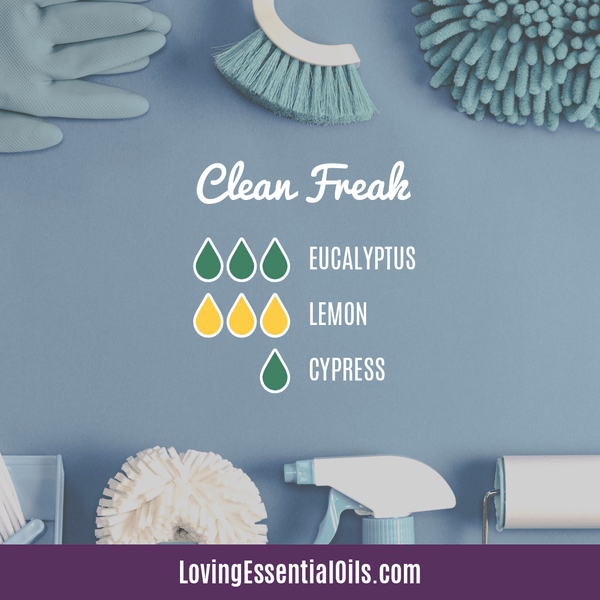
Pollen Buster Inhaler |
If you're one of the millions of people affected by allergies, you know how miserable they can be. Sneezing, a runny nose, itchy eyes - all of these symptoms can make it hard to get through the day. Luckily, there are some natural remedies that can help. One such remedy is an essential oil inhaler blend specifically for allergies.Here's how to make your own allergy inhaler using essential oils.
Directions: Add essential oils to cotton wick and insert into essential oil inhaler. Bring inhaler up to nose and deeply inhale. Read More: How to Use Essential Oil Inhalers |
Cold Buster Diffuser Blend |
Directions: Add essential oils to diffuser with recommended water. |
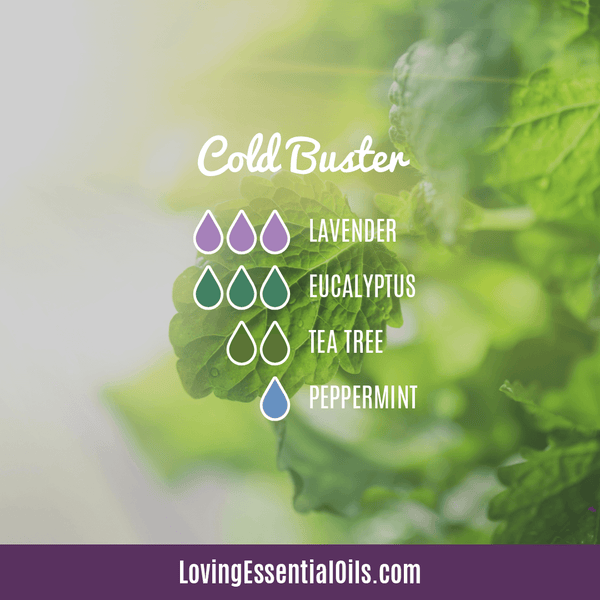
Muscle Relief Roll On |
Directions: Add essential oils to the roller bottle, fill the rest of the bottle with jojoba oil. To use, roll onto areas of soreness. 5% dilution. |
Beautiful Morning Diffuser Blend |
Directions: Add essential oils to diffuser with recommended water. |
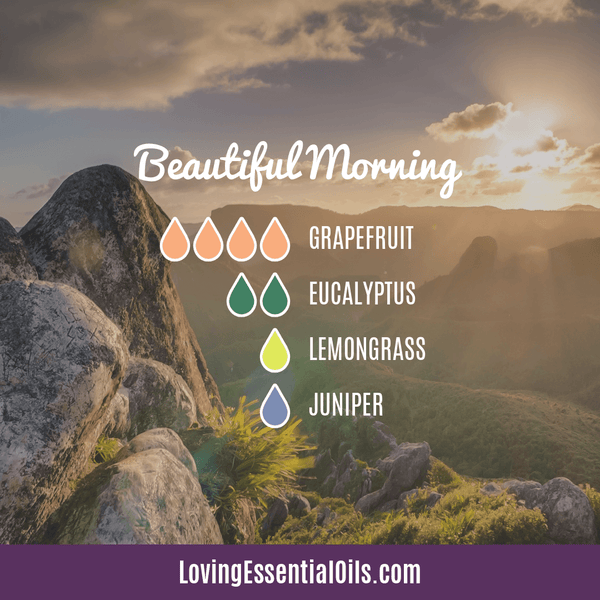
Sinus Bath Blend |
Directions: Blend together, add to bath after filled and swirl with hand to mix. Soak for 15 minutes while you breath in the soothing vapors. Read More: Aromatherapy Baths |
Just Let Go Diffuser Blend |
Directions: Add essential oils to diffuser with recommended water. |
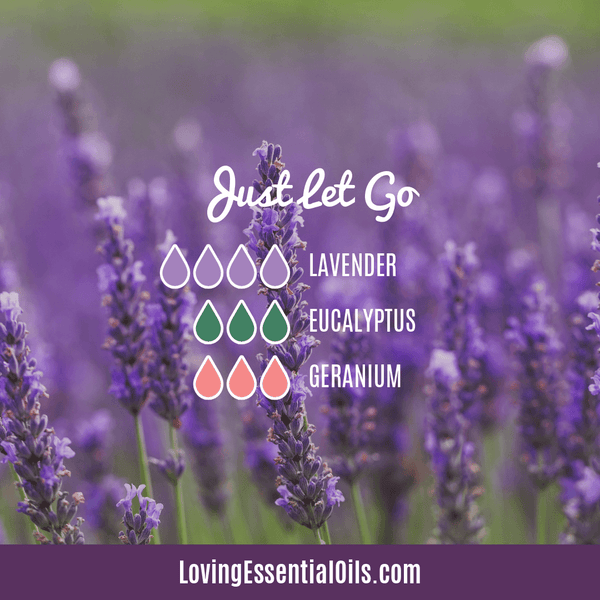
Energizing Massage Blend |
Directions: Add essential oils to bottle, fill rest of bottle with jojoba oil (or carrier oil of choice). To use, rub onto chest, neck, shoulders & arms. 2% dilution. Read More: Jojoba Carrier Oil |
Breathe Clean Diffuser Recipe |
If you're looking for an essential oil recipe that can help clear your sinuses and lungs, this oil blend is a great choice. This blend has a host of other benefits as well, such as reducing inflammation and boosting your immune system.
Directions: Add essential oils to diffuser with the recommended water. Turn on and enjoy the therapeutic aroma. |
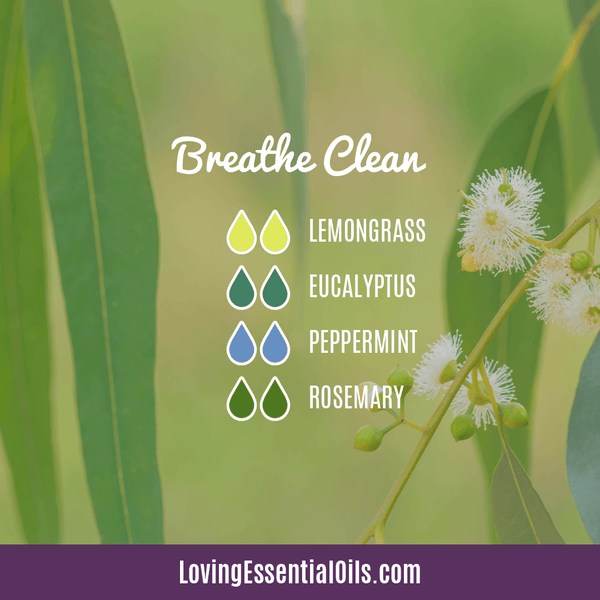
Eucalyptus All Purpose Cleaner |
Directions: Add ingredients to bottle and shake well to blend. Shake well before each use. Clean surfaces around the house with microfiber cloth, smells great too. Be sure to test on surface before use. Don't worry about the alcohol, it evaporates quickly and the smell will only linger a few minutes. |
General Essential Oil Precautions
Never use essential oils undiluted, in eyes or mucous membranes. Do not take internally unless working with a qualified practitioner. Keep out of reach from children.
Use essential oils with extreme caution on children, be sure you have researched the oil and that it is safe for use on kids. Plant Therapy clearly labels their oils "KidSafe" on the bottle if the oil can be used for children ages 2–10).
If applying an essential oil topically (on your skin), it is best practice to always perform a small patch test to an insensitive part of the body, use 1-2 drops in a teaspoon of carrier oil like jojoba oil.
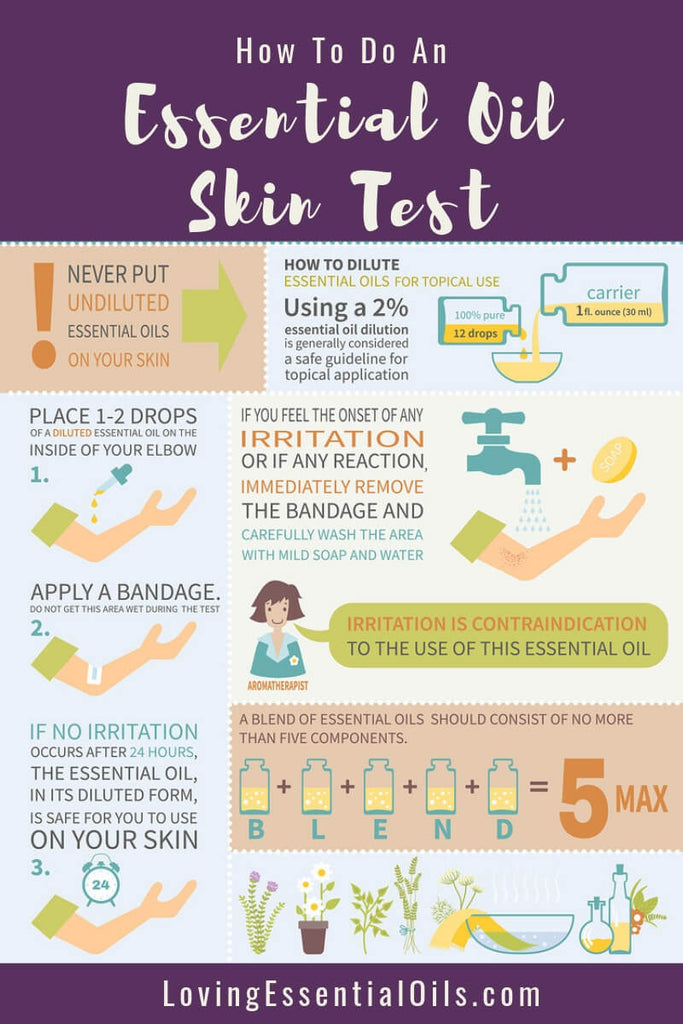
If you are pregnant, breastfeeding, epileptic, or under a doctor’s care, consult your physician. For more information on oil safety issues, read Essential Oil Safety by Robert Tisserand and Rodney Young.
Share On Pinterest
